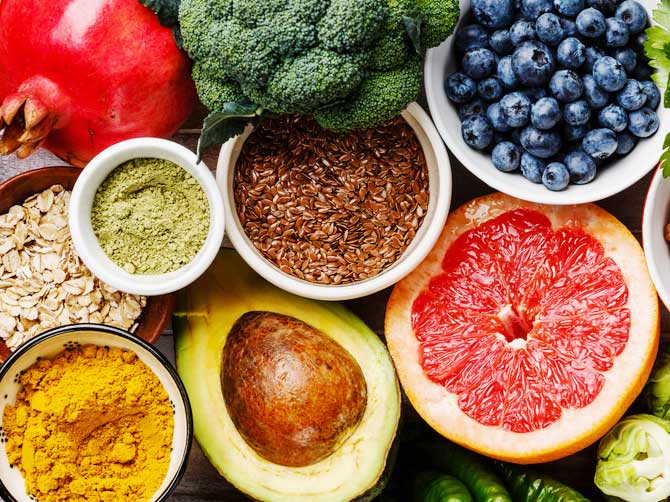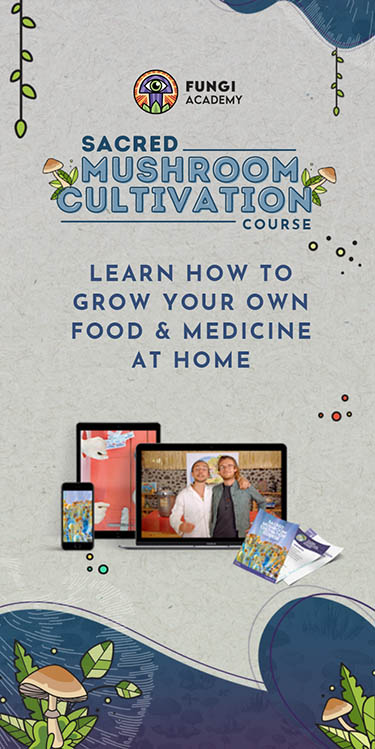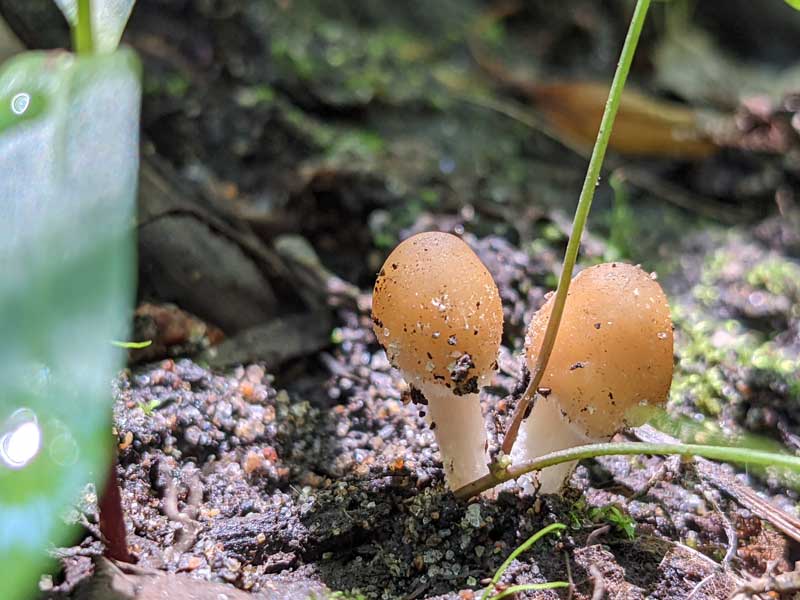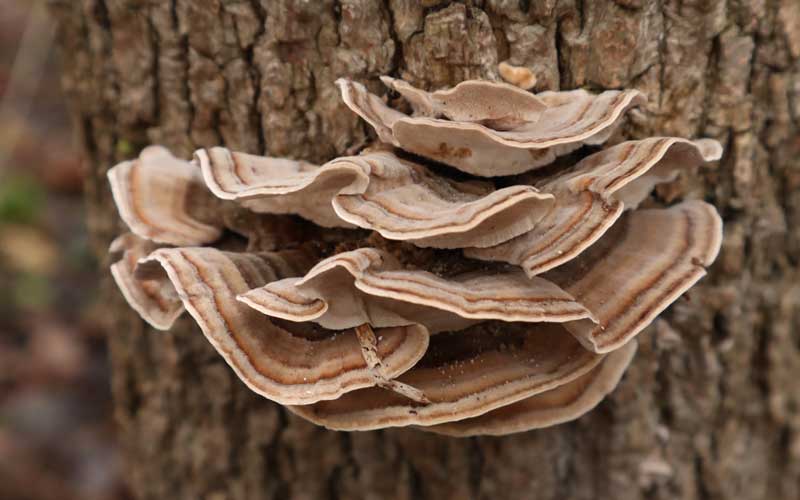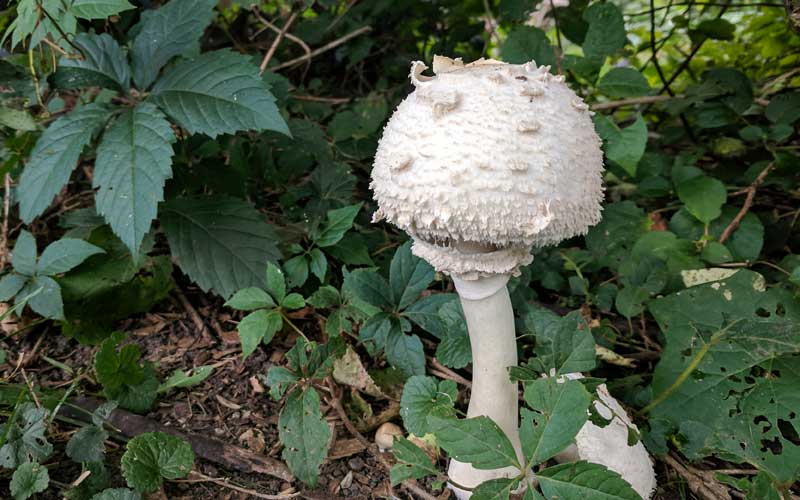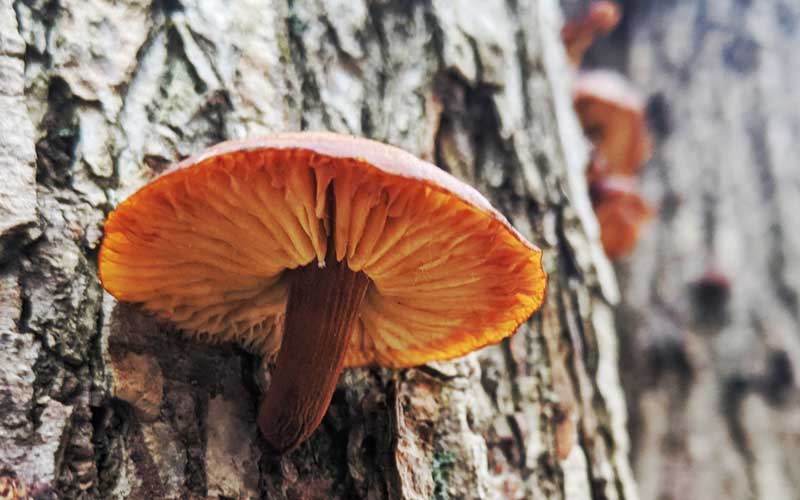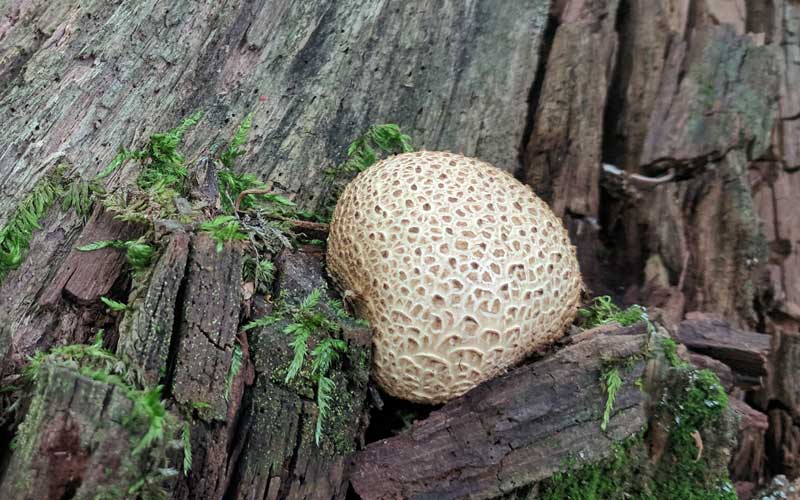- Home
- Mycelium Intro
- Sustainable Mushroom
Mushrooms Score Top Points for Sustainable Food Production
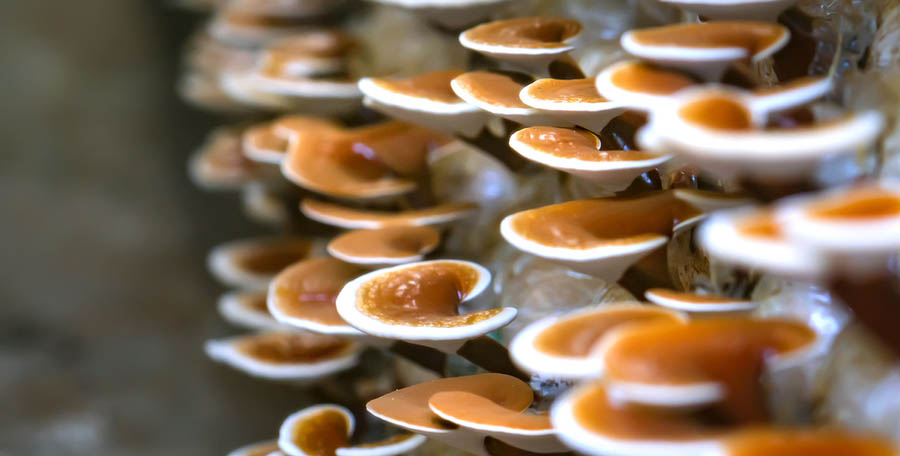
In a world increasingly focused on sustainability, mushrooms are emerging as a culinary powerhouse with remarkable environmental benefits.
Their cultivation practices align seamlessly with the United Nations' Sustainable Development Goals, offering solutions to some of our most pressing environmental concerns.
Champions of the Circular Economy
Mushrooms epitomize the circular economy. They thrive on agricultural and forestry by-products such as straw, sawdust, and coffee grounds – materials often treated as waste.
By transforming these by-products into a valuable food source, mushroom cultivation reduces waste streams and promotes resource efficiency. This approach demonstrates a practical way to close the loop, turning potential waste into a nutritious and delicious product.
Remarkable Resource Efficiency
Mushrooms are incredibly efficient to produce. They require little space, making them ideal for urban farming and vertical agriculture. Their water footprint is minimal, and they have significantly lower energy demands compared to traditional protein sources like meat.
This high level of resource efficiency makes mushroom cultivation an attractive option for areas with limited land, water, or energy resources.
A Pesticide-Free Delicacy
Another key benefit of mushroom production is the absence of harmful pesticides and synthetic fertilizers. Mushrooms are naturally resistant to many pests and diseases, eliminating the need for chemical interventions.
This results in a safer and healthier product for consumers and reduces the environmental impact associated with chemical use in agriculture.
More on mushrooms in sustainable agriculture.
Become a Home Mushroom Farmer
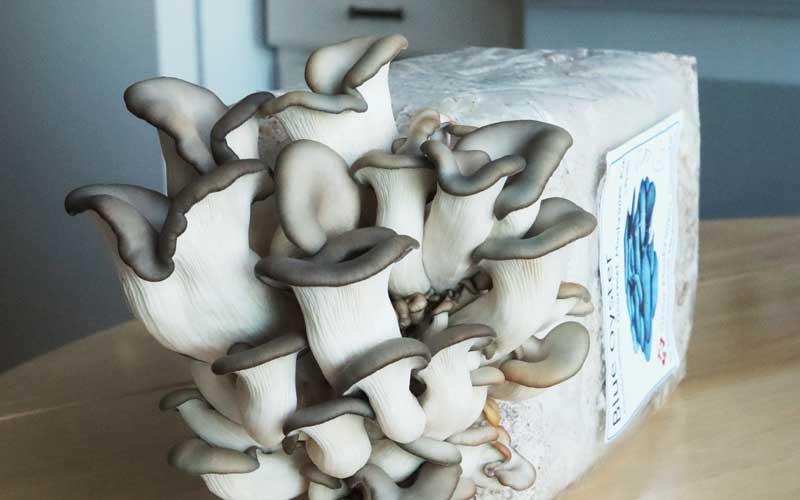
Did you know you can grow your own delicious mushrooms right at home? Growing mushrooms is a fun and rewarding activity that directly empowers individuals to contribute to a more sustainable food system.
Home cultivation on a small scale further reduces the need for transportation and packaging, minimizing the carbon footprint of your mushrooms. There are ready-to-grow mushroom kits for beginners, or you can explore more involved methods with a little research.
More on growing your own mushrooms.
The Power of Mushrooms for a Greener Future
Mushroom cultivation offers a beacon of hope for a sustainable food future. By embracing the circular economy, maximizing resource efficiency, and providing a chemical-free food source, mushrooms showcase the potential for innovative and environmentally friendly food production practices.
As consumers, we can support this positive movement by choosing locally grown mushrooms and advocating for policies that promote sustainable agriculture.
Related Topics:
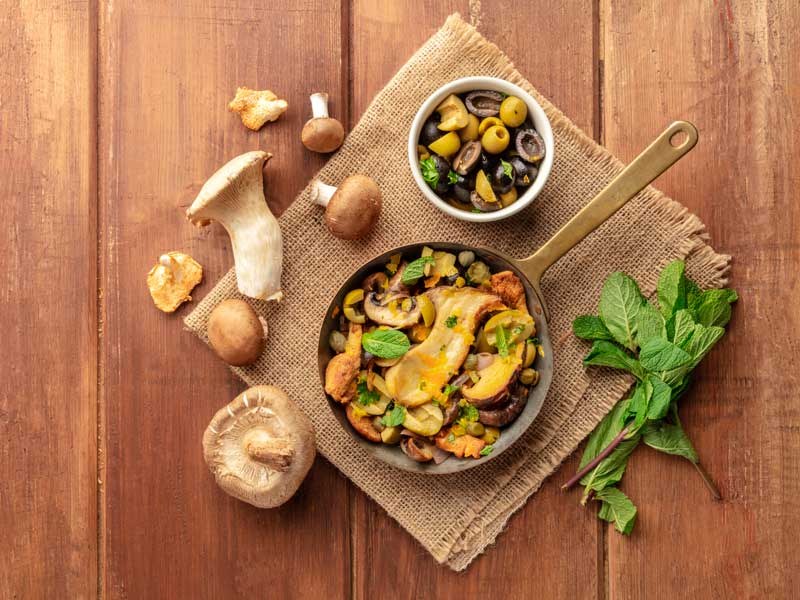
The nutritional value of mushrooms in your diet is greater than you think.
Mushrooms are dense with nutritional value and a variety of textures and flavors… including chicken, lobster and shrimp! Read the full article...
Are mushrooms a superfood? Yes! Even if most people don’t know it.
Superfood lists overlook mushrooms, despite their health benefits. Find out why mushrooms should be on the superfood list. Read the full article...
